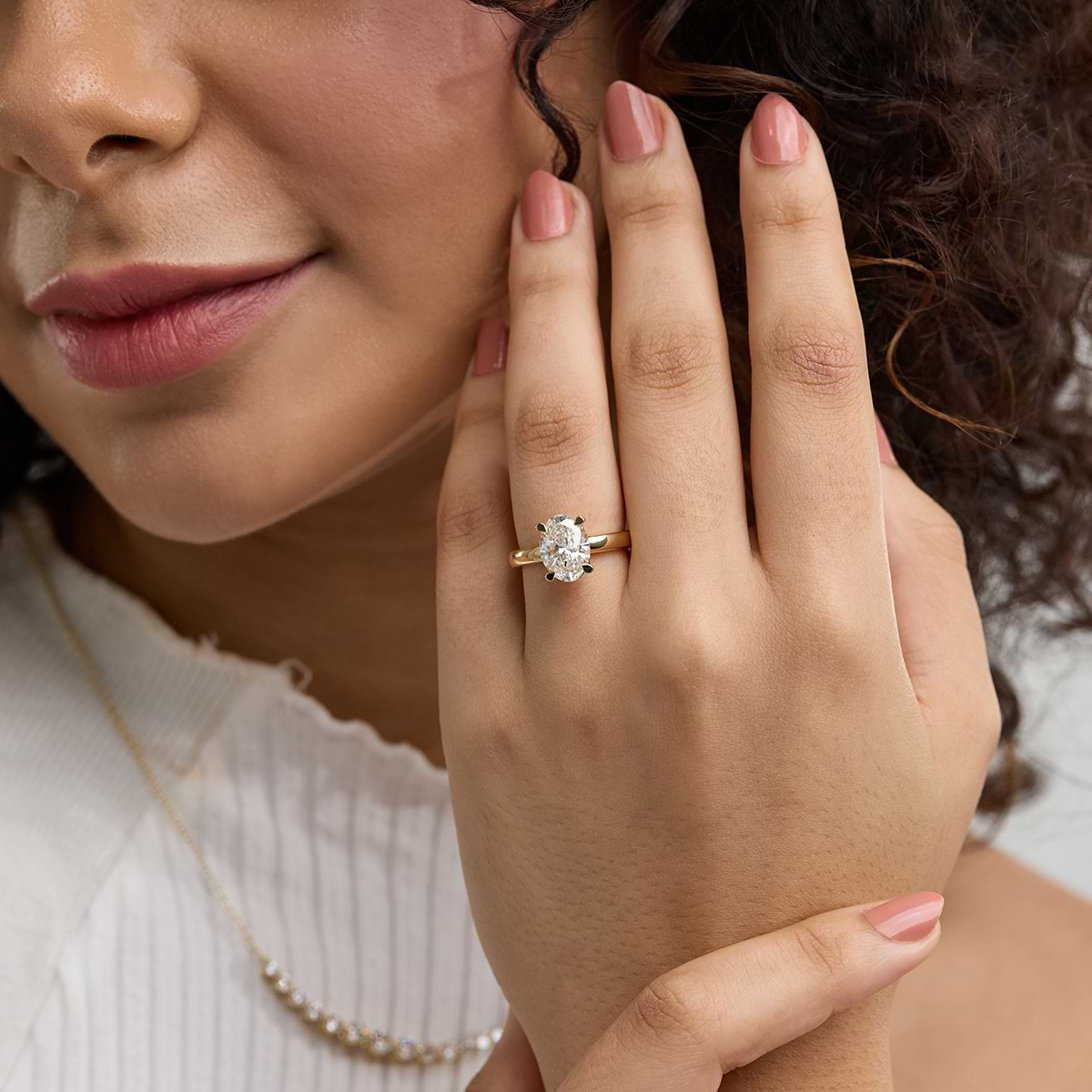Introduction to Pawning Watches
Ever found yourself in a pinch, needing some quick cash? If you own a watch—especially a nice one—you might consider pawning it. But what does that really mean? And is it the right choice for you? Let’s dive into everything you need to know about pawning your watch!
What Does It Mean to Pawn a Watch?
Pawning a watch is a bit like taking a loan against its value. You bring your watch to a pawn my watch, and they offer you a loan based on its worth. If you repay the loan with interest within a certain time frame, you get your watch back. If not, they keep it and sell it. It’s a straightforward way to get cash without selling your prized possession outright.
Why Choose to Pawn Your Watch?
So, why would someone pawn their watch instead of selling it? For starters, it’s a temporary solution. You don’t have to part with your watch forever. Plus, if your financial situation improves, you can get your watch back. It’s a safety net of sorts, allowing you to access cash while holding onto your assets.
Understanding the Pawn Process
Step 1: Finding a Reputable Pawn Shop
Your first step is finding a trustworthy pawn shop. Not all pawn shops are created equal! Look for one with positive reviews and a good reputation in your community. You want a shop that treats customers fairly and has knowledgeable staff.
Step 2: Evaluating Your Watch’s Value
Before you head to the pawn shop, it’s smart to know how much your watch is worth. Factors like brand, condition, age, and any unique features will play into its value. High-end brands like Rolex or Omega often fetch higher prices.
Factors That Affect Watch Value
- Brand Reputation: Well-known brands usually carry more weight.
- Condition: Is it in mint condition, or does it show wear and tear?
- Original Packaging: Having the original box and papers can increase value.
- Rarity: Limited editions or discontinued models are often more valuable.
Step 3: The Pawning Process
Once you’ve found a shop and evaluated your watch, it’s time to paw it.
What to Expect During the Transaction
When you bring your watch in, the pawnbroker will inspect it. They’ll likely ask you questions about its history and condition. After evaluation, they’ll make you an offer. This offer will be based on their appraisal, which takes into account market demand and resale potential.
Tips for Getting the Best Deal
Do Your Research
Knowledge is power! Research what similar watches have sold for to give yourself a ballpark figure. This helps you feel confident when negotiating.
Presenting Your Watch
How you present your watch can influence its appraisal. Make sure it’s clean and in the best condition possible.
If you’re looking to gold buyers Melbourne, you’ll find a vibrant market with numerous reputable buyers ready to offer competitive prices. Many gold buyers in the city provide transparent assessments, ensuring you get a fair value based on the current market rates. Whether you have old jewelry, coins, or bullion, these buyers often offer quick appraisals and immediate payment, making the process convenient and hassle-free.
Cleaning and Preparing Your Watch
- Wipe Down: Use a microfiber cloth to remove smudges.
- Batteries: If it’s a quartz watch, ensure it has a working battery.
- Packaging: Bring any original boxes or paperwork to enhance value.
Negotiating Effectively
Don’t be afraid to negotiate! Pawn shops expect some back-and-forth, so be prepared to discuss the offer. A little charm goes a long way, too. Be polite but assertive.
Alternatives to Pawning Your Watch
Not sure if pawning is for you? There are other options to consider.
Selling Your Watch vs. Pawning
Selling is permanent; you’ll receive cash upfront, but you’ll lose the watch. Pawning gives you a chance to reclaim it later.
Trading In Your Watch
Some retailers offer trade-in programs for watches, especially if you’re looking to buy a new one. This can be a good way to upgrade while still getting some value from your old piece.
Using Online Marketplaces
Platforms like eBay or Chrono24 let you sell directly to buyers, potentially fetching a higher price. However, it requires more effort and patience.
Frequently Asked Questions
How Long Can I Keep My Watch in Pawn?
Most pawn shops allow you a period of 30 to 90 days to repay the loan, but this can vary. Make sure to ask before you leave!
What Happens If I Don’t Repay the Loan?
If you miss the repayment deadline, the pawn shop keeps your watch. It’s important to know this upfront, so you don’t lose something you really value.
Conclusion
Pawning your watch can be a smart way to access cash when you need it, without losing your cherished item forever. With the right preparation, knowledge, and approach, you can make the most of the process. Whether you decide to pawn, sell, or explore other options, always remember to keep your best interests in mind. Now that you know the ins and outs, you’re ready to make an informed decision. Happy pawning!





